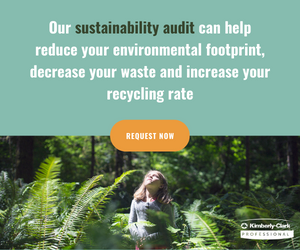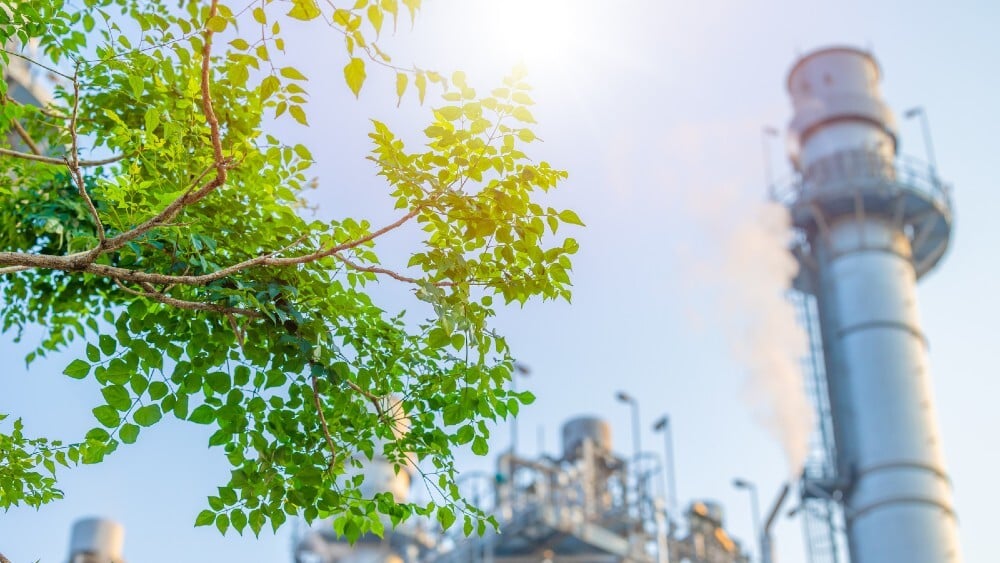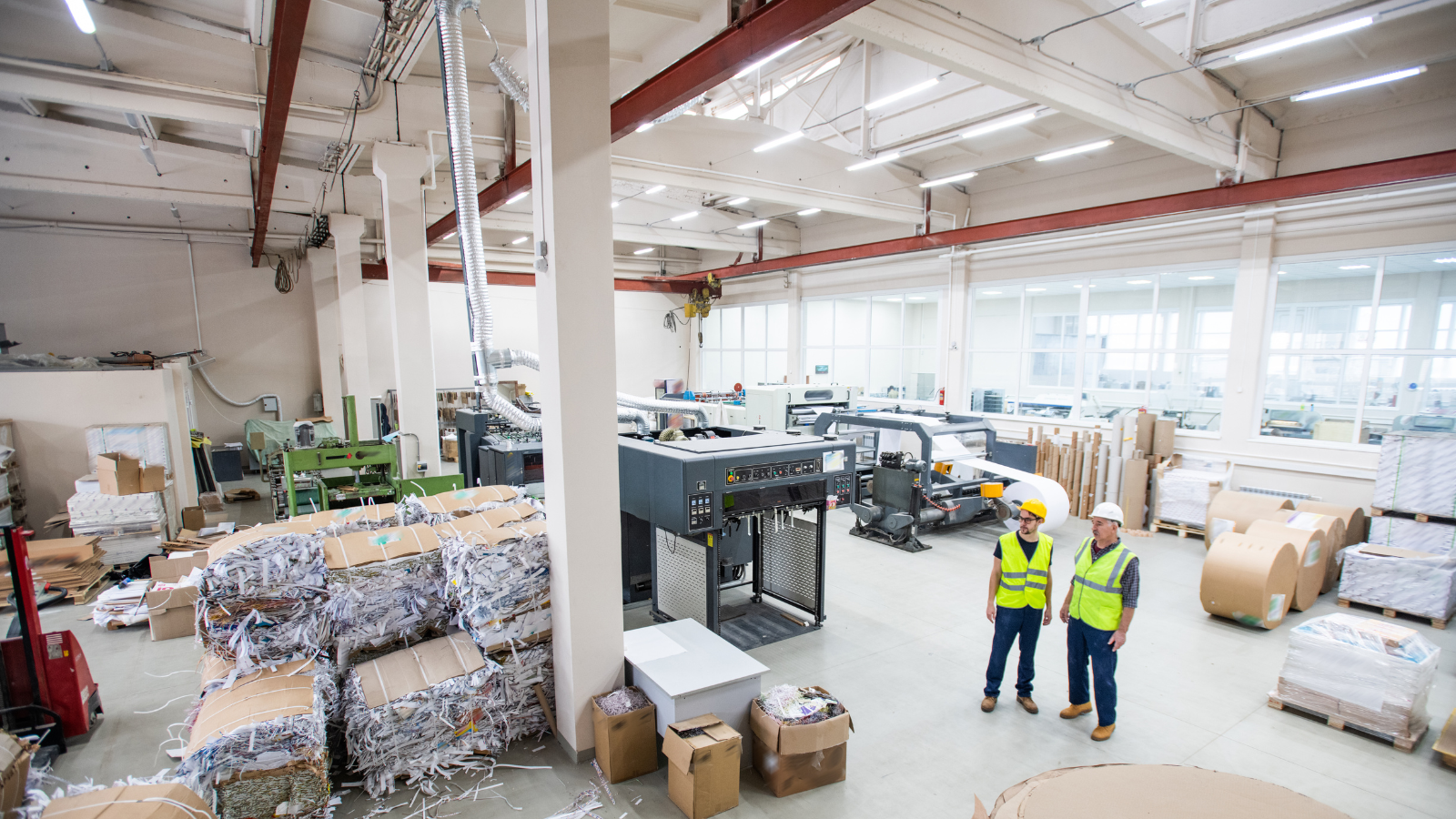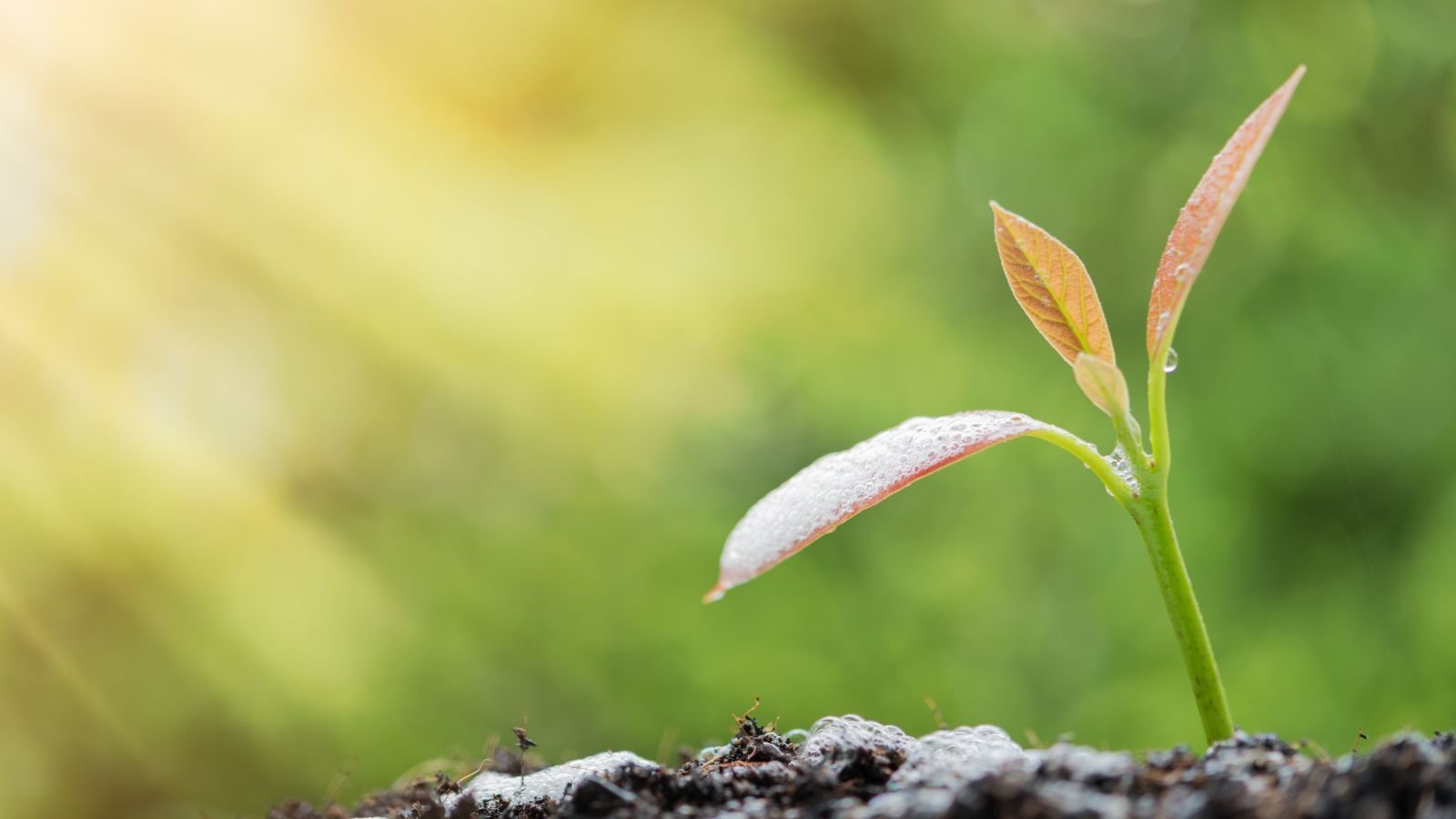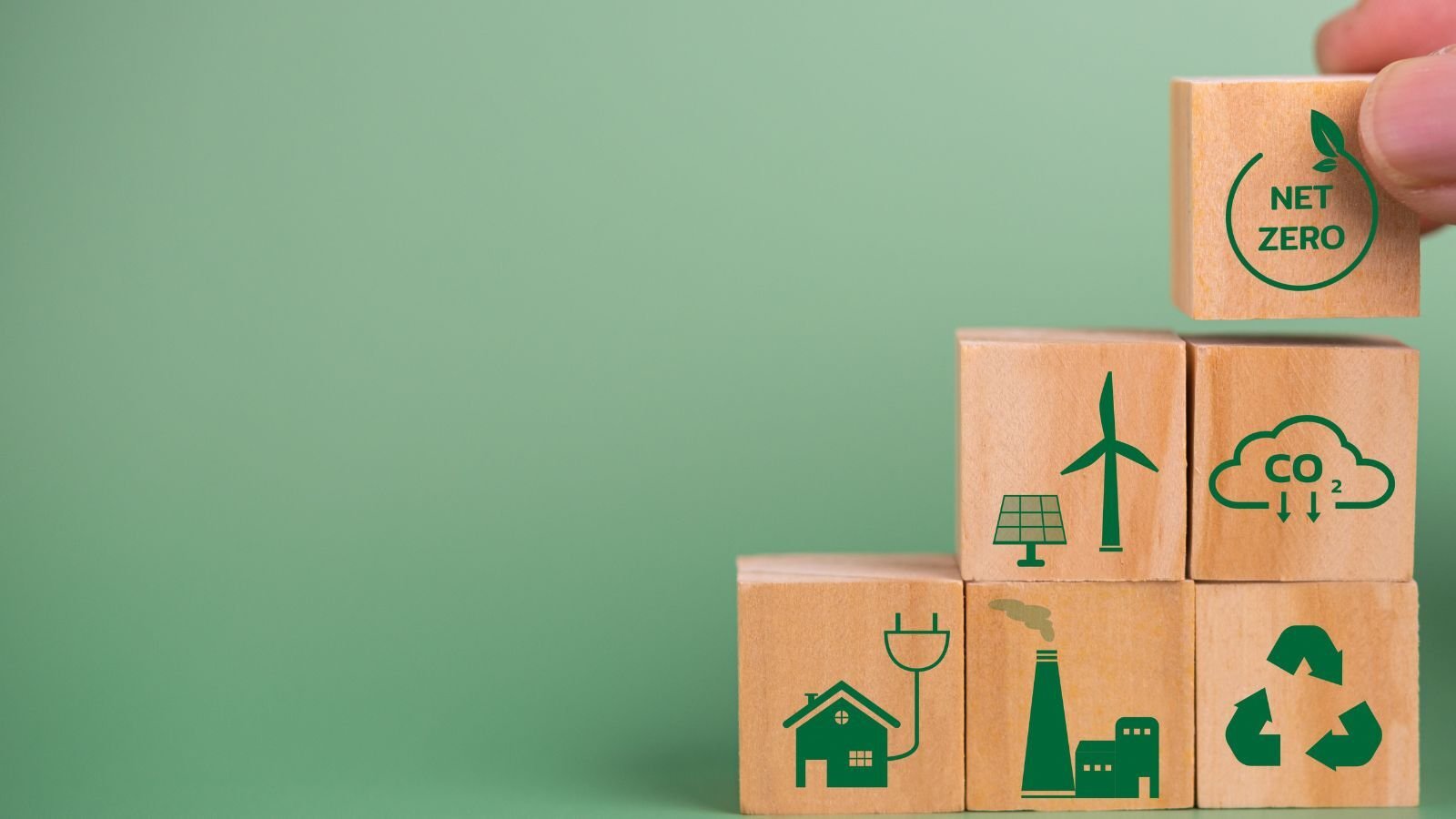Last Updated DECEMBER 2022
Elevating washrooms can help businesses meet the UN's Sustainable Development Goals
There are sustainability improvements to be made across all parts of an organisation, especially in the washroom

The SDGs: a roadmap towards sustainability
The seventeen Sustainable Development Goals (SDGs) are part of the United Nations 2030 Agenda for sustainable development and represent a roadmap for a better world. The SDGs, due for completion by 2030, aim to tackle major world issues, from clean water and sanitation to climate change . According to the management consultancy Deloitte, the SDGs are a massive opportunity for businesses to improve energy efficiency, reduce landfill, increase recycling, and reduce water spillage globally. Companies aren't expected to address each SDG individually, but significant steps can be made by prioritising those they are best placed to tackle.
The advantages of businesses working towards the SDGs aren't limited to the betterment of the planet. Overall sales revenue can increase up to 20% due to corporate responsibility practices, and employees at eco-friendly companies are 16% more productive than average . But it can be a complex challenge to maintain a prosperous business and hit sustainability targets. And each industry faces a unique set of challenges.
Sustainability targets in the cleaning and hygiene sector
In the cleaning and hygiene sector, the CHSA (Cleaning and Health Suppliers Association) have developed a tailored approach to help guide cleaning and hygiene companies, whatever their starting position. The CHSA's "five pillars of sustainability" form the basis of these guidelines:
- Products need to be produced using fewer resources and designed to increase the recapture of resources at the end of the lifecycle
- Packaging should be designed to be recycled, reused or refilled and contain recycled content if possible. A minimalistic approach is needed: less is more
- Transport: products should be designed to optimise their distribution and efforts taken to reduce emissions during transportation
- Social values: mental well-being, personal development and corporate social responsibility need to be at the heart of SDG efforts
- Environmental impact: reduce waste to landfill, reduce greenhouse gas emissions, and optimise water usage
Why the washroom is a crucial area for sustainability
Sustainability is something that many businesses now strive for, but they may not realise that the washroom is an area where tangible advances can be made. For clients visiting a business partner, the state of their washroom can leave a lasting perception of how the organisation is run. A bad experience in the washroom reflects poorly on the management. It could suggest that the business doesn't care for the health and well-being of staff, visitors, and even the planet. Inversely, a clean and sustainable washroom reflects a well-managed company and shows clients that values on the environment and the SDGs are aligned.
How to make a washroom sustainable
By making several small changes at relatively low cost, any organisation could move towards a sustainable washroom by thinking about five areas:
- Using recycled washroom products
- Limiting product use and waste
- Installing resource-saving fittings
- Tapping into technology
- Taking a circular approach
Using products made from recycled materials can reduce a washroom's carbon footprint. For example, high-quality recycled plastics reduce climate-damaging greenhouse gas emissions by more than 50 percent compared to new plastics. In the washroom, products such as sanitary bins can be made from recycled plastics, and paper towels or toilet paper can be made from recycled fibres. Washroom dispensers can also be fitted to limit product use and waste, such as controlled dispensing systems that only allow one sheet of paper at a time to be distributed. Resource-saving fittings can be installed, such as energy-efficient lights and motion-sensor taps that use less water. A circular approach can also help, such as ensuring that fittings and dispensers can eventually be returned to manufacturers for upcycling and eventual reuse.
At Kimberly-Clark Professional™ we aim to help organisations move towards washroom sustainability by providing them with the right products and services. We've shifted several products from plastic to bio-based materials and use recycled fibres whenever possible. By the end of 2021, most of our plastic packaging was made of 30% recycled content and by 2025, 100% of our packaging will be reusable, recyclable or compostable.
We are scaling up solutions such as our RightCycle™ Programme, where our dispensers are part of a recycling service where we remove, collect, and collate an organisation's old dispensers and install sustainable new units. Our latest ICON™ dispensing systems ensure reliability, cost efficiency, and the sustainable management of energy and waste.
The path towards the sustainable development goals
As we help our partners improve washroom sustainability, we know that our production processes must align with the SDGs. At Kimberly-Clark Professional™ we've put in commitments to reach sustainability targets and are pushing forward to reach them. By 2030 we aim to have the following in place:
- Minimising our carbon footprint by reducing emissions by 50%
- Reducing our plastics footprint by 50%
- Ensuring we reach 75% of biodegradable or recovered and recycled material within our products
- 75% of manufacturing materials are either biodegradable, recovered or recycled
- Reducing our natural forest footprint by 50%
- Achieve sustainable water usage at 100% of our sites in water-stressed regions
The sustainable development goals are an essential guide and objective for many companies across multiple industries. They provide a roadmap for the sustainable collaboration between governments, businesses and consumers. The washroom is a feature of most organisations and an area where taking sustainable action can make a real impact. Customers look to companies like Kimberly-Clark Professional™ to help them realise this action and move closer to their sustainability targets.
1 https://www2.deloitte.com/content/dam/Deloitte/nl/Documents/risk/deloitte-nl-risk-sdgs-from-a-business-perspective.pdf
2 https://scholar.harvard.edu/hiscox/publications/buying-green-field-experimental-tests-consumer-support-environmentalism
3 https://www.umsicht.fraunhofer.de/en/press-media/press-releases/2019/sustainabilityassessment.html









